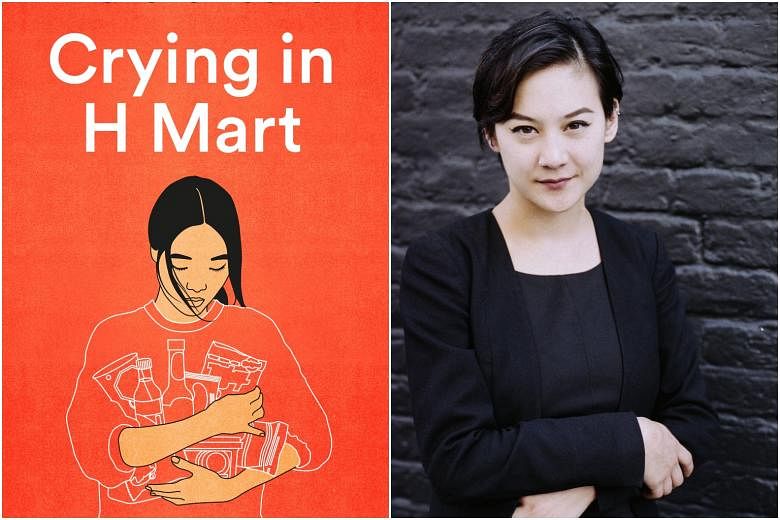Crying In H Mart
By Michelle Zauner
Non-fiction/Picador/Paperback/241 pages/$34.24/Available here
4 out of 5
Death is the central subject of Zauner's memoir Crying In H Mart, but the book brims with life.
Zauner, who is better known as the head of indie rock band Japanese Breakfast, centres her literary debut on her South Korean mother's death from cancer, but looks at it all lightly through the lens of food and its preparation.
Crying In H Mart was developed from a viral piece of the same name which first appeared in The New Yorker magazine in 2018.
It begins and ends with the making of Korean food, the H Mart of the title being a Korean supermarket popular in Western countries where Zauner often buys ingredients.
The strength of her writing lies in its emotional honesty. She confronts and documents her mother's deterioration from cancer with a great love unhampered by over-sentimentality.
On learning of her mother's diagnosis, she moves back to her home town of Eugene, Oregon, interrupting her life as a budding musician.
But she finds herself supplanted in the role of caretaker by an older South Korean woman named Kye, who flies in to help take care of her mother.
Zauner does not suppress her jealousy of Kye. Instead, she allows her annoyance to suffuse the prose, recognising that her feelings are rooted in a deep need to be needed by her mother.
The memoir also details her childhood and youth growing up half-Korean in small-town America.
Zauner, who was born in Seoul and whose father is American, comes to understand and connect with her mother and her culture through Korean food - especially after the death of her mother, as well as her grandmother and aunt before.
The book is filled with half-forgotten Korean words and a sense of the disconnect created by her mixed parentage.
She finds herself constantly explaining her identity to both Koreans and Americans, rarely understood by others or even by herself.
But in food, she finds meaning and closure, pulling together the various strings of her life and preserving them in the act of making kimchi, the iconic Korean fermented cabbage dish.
Fermentation, she writes, "is not quite controlled death" because the cabbage "enjoys a new life altogether".
A minor drawback of her essayistic style is its occasional disorganisation. Her prose sometimes reads like a journal and can be difficult to follow, prone to aphorism and sudden conclusion.
But as a map out of trauma, its messy form is perhaps appropriate.
If you like this, read: Just Kids by Patti Smith (Ecco, 2010, $29.81, available here), the artist and musician's memoir of her youth as well as romance and friendship with the late photographer Robert Mapplethorpe.


